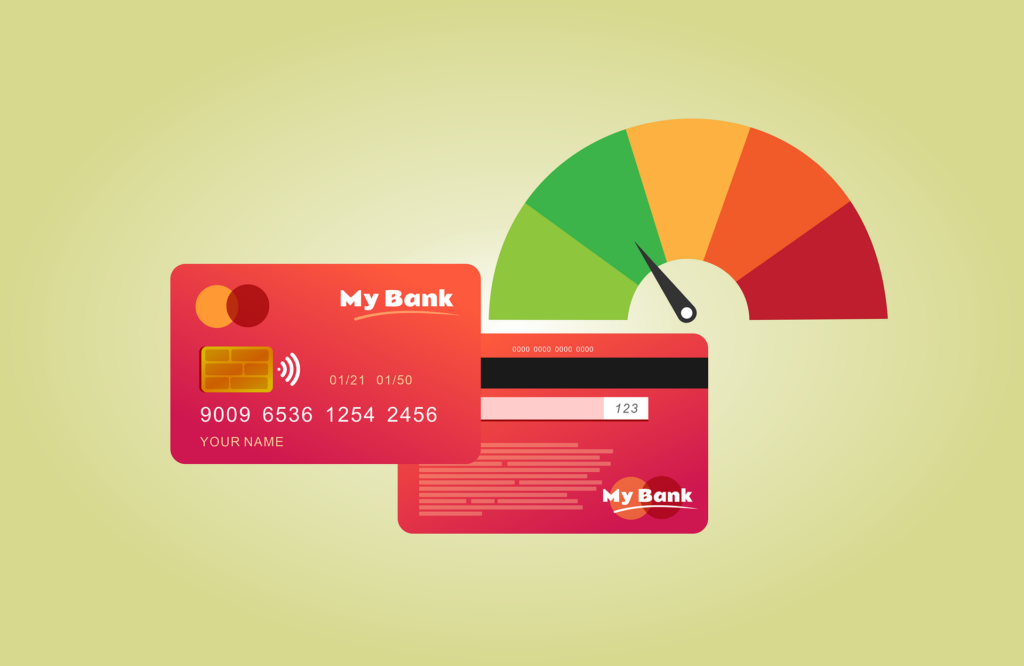A good credit score is one of the most important weapons in your financial arsenal. It tells loan officers that you are a responsible borrower who can afford to pay off personal debt. The higher your credit score, the better your chances that you will receive favorable loan terms when you apply for personal credit, such as a mortgage or a new car loan.
Whether you want to buy a house or just need some improvement in your current credit standing, boosting your credit score can be valuable in times of high inflation and high energy costs. To help, we have compiled this list of quick tips for improving your credit score.
Make Timely Payments on All Debts
The first step to building a solid credit score is ensuring you make all your payments on time. If you have multiple credit accounts, making due dates a priority is vital. Adding these due dates to your schedule can help you stay on top of payments and avoid late fees.
All late payments are counted against you on your credit report, and missing even a single payment can cause severe damage to your credit scores. You should also apply for new lines of credit only when you are ready to use them responsibly—opening accounts without a plan is risky and could hurt your credit score if you’re not careful.
Besides, the best way to maintain a good debt-to-credit ratio is by paying more than the minimum due each month. This not only gets rid of your debt faster, it will also help you avoid late payments and other costly penalties.
Limit New Credit Applications and Keep Old Credit Accounts Open
Banks perform hard inquiries into your credit report when you apply for new credit (i.e., a credit card, a car loan, or a mortgage), and the inquiry can temporarily lower your score.
This is because the inquiries indicate to lenders that you’re looking to take on more debt, making them leery of lending to you—even if you’re an excellent credit risk. The best way to avoid these inquiries is by keeping old accounts open—the longer you have an account, the more it will positively affect your score.
At the same time, you want to limit new credit applications as much as possible because each one results in another inquiry. Since most people are responsible with their finances and don’t tend to ask for new loans too often, there’s no need to open up too many cards at once.
If you need a new line of credit, close an old account before applying for the new one so that you have fewer accounts on record. In addition to limiting inquiries when it comes time for a new loan, it’s also important to keep older accounts open for as long as possible. The longer you have an account, the better your score will be.
Consolidate Your Debt
Consolidating all your debts into one single monthly payment will help you save time, effort, and money. Here’s how it works: if you’re paying off multiple loans and/or credit cards each month, having more than one creditor requires more time to track payments and budgets.
In addition, if one loan starts making late payments, it can have a chain reaction on all other loans. Consolidating allows you to have just one creditor and only one payment due each month. As a result, you’ll save time by no longer having to deal with multiple creditors and the hassle of tracking multiple bills.
Monitor Your Credit Report & Dispute Any Errors
Your credit report is a snapshot of your financial history, and most banks and lenders use it to determine whether you’re someone they want to do business with. That’s why it’s essential to ensure your report is accurate. Not only can wrong information on your report make you look like a higher credit risk than you actually are, but the process of correcting that information can be tricky and time-consuming.
To protect yourself, you should check your report regularly for any errors affecting your score. If you find anything that looks wrong or out-of-date, or if you’re being charged for something you don’t recognize (like a late payment on a debt that’s already been settled), you can dispute it.
If you find any errors on your report, you’ll need to contact the credit bureau directly and submit a dispute form by mail or online. You can also submit supporting documentation along with your complaint.




